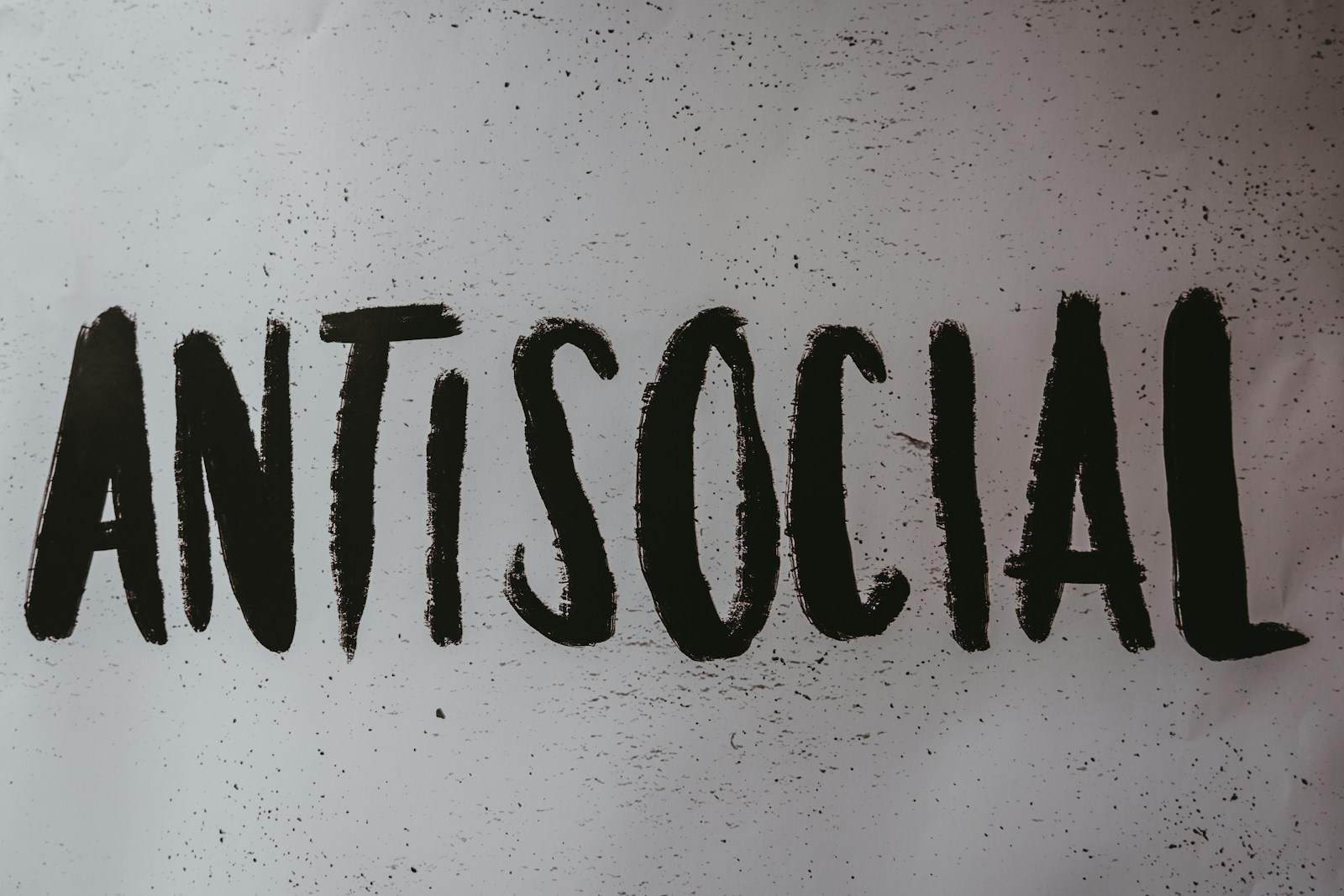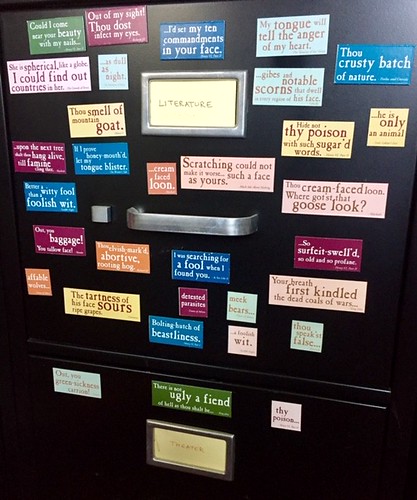
Introduction
Ah, the delightful world of British humor! It’s a realm where the lines between compliments and insults blur, often leaving unsuspecting souls scratching their heads in confusion. If you’ve ever found yourself on the receiving end of a seemingly sweet phrase that left you feeling a little stung, you’re not alone. The British have a knack for delivering backhanded compliments that can leave anyone feeling bemused. Today, we’ll dive into some classic British insults that masquerade as compliments and offer a guide to help you navigate this delightful linguistic minefield.
The Art of the Backhanded Compliment
In British culture, the art of the backhanded compliment is held in high esteem. A well-crafted insult that sounds like praise can diffuse tension, inject humor into a conversation, and playfully jab at friends without crossing the line into outright rudeness. Understanding the nuances of these phrases is essential to enjoy British wit fully, but it’s equally important to know when you’re being taken for a ride.
Classic Examples of British Insults
“You’re quite unique!”
At first glance, this sounds like a glowing endorsement. After all, who wouldn’t want to be called unique? However, in the British lexicon, this can imply that you’re so peculiar or different that you might not fit in anywhere. It’s a gentle way of saying you stand out – perhaps a little too much. If you hear this, you might want to look around and gauge whether your outfit or behavior has raised a few eyebrows.
“You’ve got a great personality!”
This phrase often raises red flags, as it typically suggests that the person in question might not be winning any beauty contests. It’s a classic way to soften the blow of less-than-flattering observations about someone’s physical appearance. If someone uses this phrase in a conversation, it could be wise to take it with a grain of salt.
“You’re very brave!”
On the surface, this sounds like a commendation of courage. However, in British vernacular, it often hints at the idea that what you’ve done is slightly ridiculous or ill-advised. For example, wearing an outrageous outfit or attempting a daring hairstyle might earn you this phrase, indicating that you’ve boldly gone where few would dare.
“You have a face for radio!”
If you’ve ever heard this one, it’s likely you had to suppress a laugh. This cheeky line implies that while your personality might shine through, your physical appearance might not be quite as photogenic. In the UK, it’s often delivered with a cheeky grin, but the underlying message can sting a bit if you’re not prepared for it.
How Not to Be Fooled
Now that we’ve had a little fun dissecting some classic British backhanded compliments, let’s explore some strategies to avoid being fooled by them.
Context is Key
One of the best ways to determine whether a compliment is genuine or a clever jab is to pay attention to the context in which it’s delivered. If you’re engaged in a lighthearted conversation among friends, jesting is more likely than if you’re in a serious discussion. Understanding the mood can help you decipher the true meaning behind the words.
Tone Matters
The British are masters of sarcasm, and the tone of voice can be a huge giveaway. If someone delivers a compliment with an exaggeratedly cheerful tone, it could easily be a sign that they’re not being entirely sincere. A deadpan delivery, on the other hand, can indicate that they’re engaging in classic British humor.
Watch for Body Language
Facial expressions and body language can also offer hints about the intent behind the words. A smirk, raised eyebrows, or an exaggerated eye roll can signal that the speaker is making a playful jab rather than offering genuine praise. Paying attention to these non-verbal cues can help you navigate the conversation with greater ease.
Navigating British Humor
Understanding British humor can be a delightful challenge. Once you get the hang of it, you’ll find that it’s filled with wit, irony, and a touch of self-deprecation. Here are some tips for navigating this unique sense of humor:
Don’t Take It Personally
If you find yourself on the receiving end of a backhanded compliment, try not to take it to heart. More often than not, it’s delivered in a spirit of camaraderie and fun. Embrace the banter, and don’t be afraid to dish it back!
Join in on the Fun
If you’re feeling bold, join in on the fun! The British love a good laugh, and if you play along with the banter, you’ll quickly find yourself in good company. Just remember that timing is everything, and deliver your jabs with a smile.
Ask for Clarification
If you’re unsure whether a compliment is sincere or a cheeky jab, it’s perfectly acceptable to ask for clarification. A light-hearted response like, “Oh, was that a compliment or an insult?” can keep the mood jovial while also giving you a clearer understanding of the intent behind the words.
Celebrating British Insults
While insults that sound like compliments can catch you off guard, they’re also a testament to the rich tapestry of British language and culture. The ability to deliver playful jabs wrapped in seemingly kind words is an art form that reflects both humor and intelligence.
The Importance of Timing
Timing is crucial in the world of British humor. A well-timed quip can lighten the mood, while an ill-timed jab may fall flat. Paying attention to the flow of conversation and the emotional climate will help you gauge when to use humor effectively.
Finding the Right Audience
Not everyone appreciates British humor in the same way. Some may find it charming, while others may be taken aback by the cheekiness. When using backhanded compliments or witty insults, consider your audience and adjust accordingly. Friends who are in on the joke will appreciate the humor, while strangers may not share the same sense of familiarity.
Conclusion
In conclusion, British insults that sound like compliments are a fascinating aspect of the language that adds depth and color to conversations. By understanding the context, tone, and body language, you can navigate these cheeky jabs with confidence. Embrace the humor and enjoy the playful banter that makes British culture so unique. With a little practice, you’ll not only be able to recognize these witty remarks but also join in on the fun, delivering your own banter with flair. So the next time someone tells you, “You’re quite unique,” just smile and take it in stride – after all, it’s all in good fun!

